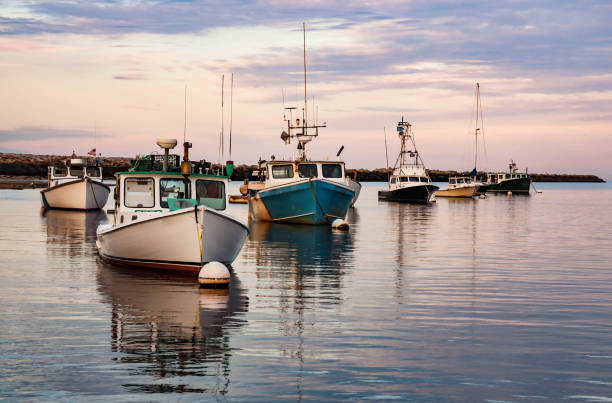Making travel plans even a few months in advance can make you happier. According to an Institute for Applied Positive Research survey, 97 per cent said they feel happier when they have a planned trip. Amit Kumar, a University of Texas assistant professor of psychology and marketing, said that people find anticipating a vacation more enjoyable than waiting for material goods.
This desire for happiness and excitement, as well as the newfound optimism that comes with the approval and rollout of COVID-19 vaccines, may explain why many wannabe travellers are considering possible bucket list trips for 2021 and 2022 or those most eager as soon as possible.
Expedia’s recent Trend Report reveals that airfares are at a significant discount. They were 25-35% lower from May-October 2020 than in 2019.
Henderson says flexibility is key to a trip, especially with an uncertain future. These tips will help you plan and dream.
Flexible booking policies are available.
It is now easier than ever to cancel a trip with hotels, airlines, and tour companies within weeks or days of departure. Road Scholar, a non-profit educational travel company, offers a refund for travellers who cancel their trip within 90 days of the start date. Exodus Travels is a group adventure tour operator that recently introduced Dateless 1st Departures coupons. This allows travellers to book a trip regardless of the departure date. North American travellers can purchase a voucher to guarantee a spot on the first company tour to a country that reopens.
You might want to wait to book your cruise, or you can make it easy to change your departure time.
Last spring, the cruise industry was hit hard by reports that passengers were left onboard ships infected with COVID-19. The industry is still uncertain. The CDC has lifted the No Sail Order but now requires cruise lines to show that certain procedures and facilities have been in place (testing capacities and quarantine areas) to prevent the spread of COVID-19 to their ships. Some lines have delayed dates for years, sometimes even into spring 2021.
Follow regional COVID policies and destination-specific advisory boards.
Each U.S. Department of State or CDC maintains travel warnings for specific areas of the globe. The CDC gives risk ratings for each country. These range from zero to three and are currently advising against any unimportant travel. The State Department offers travel advisory levels ranging from 1 (usual exercise precautions) to 4 (do NOT travel). It is asking people to “reconsider” travel in many areas. This doesn’t mean you should not book travel to areas with warnings. However, it is important to check in regularly as your trip approaches. Also, make sure to have a backup plan. You should also check the restrictions of your destination. Even in the U.S.A, many areas require or ask visitors to quarantine or provide proof of negative COVID testing.
Travel insurance is a good idea.
Before COVID, many travel insurance policies did not cover pandemics. However, that is no longer the case. Sites like InsureMyTrip.com or SquareMouth.com allow you to compare policies and get quotes. You can also read customer reviews and view InsureMyTrip.com. Henderson warns that new policies that include pandemic-related cancellations can be expensive. He suggests that you forgo insurance altogether and book with providers who allow you to cancel your policy without penalty.
Consult a travel adviser
A pro who is familiar with everything, from confusing entry requirements to travel insurance, can help reduce the chances of disaster. Dana Storr is a California-based travel designer who works for Luxami Travel, an affiliate to TravelStore. She says she has been keeping up with the various COVID-19 hotel modifications, entry requirements and cleanliness policies. Things can change quickly.
Do not toss your mask.
As vaccinations are just starting, mitigation strategies (mask wear, social distancing, etc.) may be required for an additional year to prevent outbreaks. Darrin D’Agostino is an internal medicine physician and executive vice president at Kansas City University. He says, “We will still need to consider wearing masks on planes, airports, and any other places where people can meet.” The same strategies, which include washing your hands, avoiding touching your face and keeping a distance, will be essential.
Be prepared for high demand.
People are tired of being at home, and the travel demand is huge. Many of the 2020 cancellations have been rebooked for 2021 and 2022 by many of those who had already booked their 2020 trips. Multiple safari companies have reported that they are almost or fully booked for 2021, with countries like Namibia and Kenya welcoming Americans.







